World Brain Day – Brain Health for All Ages
- Team Kedarq
- July 11, 2025
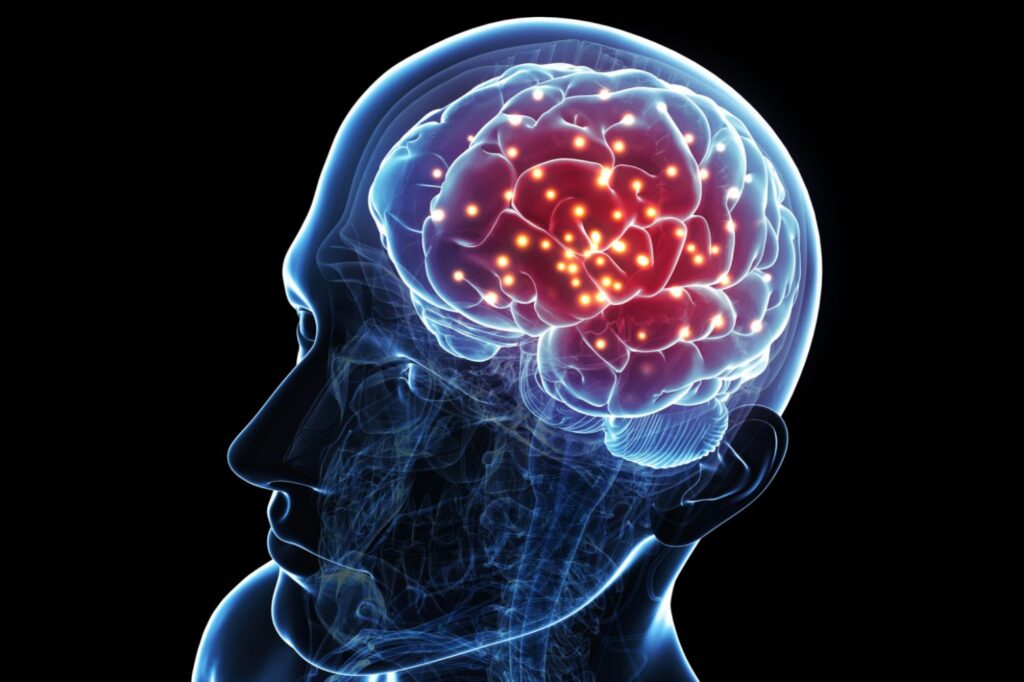
Our brain is the command center of the human body. It enables us to think, move, feel, remember, and communicate. Despite its importance, neurological disorders are often misunderstood, neglected, or diagnosed late, leading to immense suffering for individuals and their families.
To bring this issue into the spotlight, the World Federation of Neurology (WFN) initiated World Brain Day in 2014. Since then, this day is observed every year on 22nd July to promote awareness, share knowledge, and advocate for better care and research in brain health.
In 2025, the theme “Brain Health for All Ages” emphasizes the importance of protecting brain health throughout every stage of life—from infancy to old age.
Importance of Brain Health
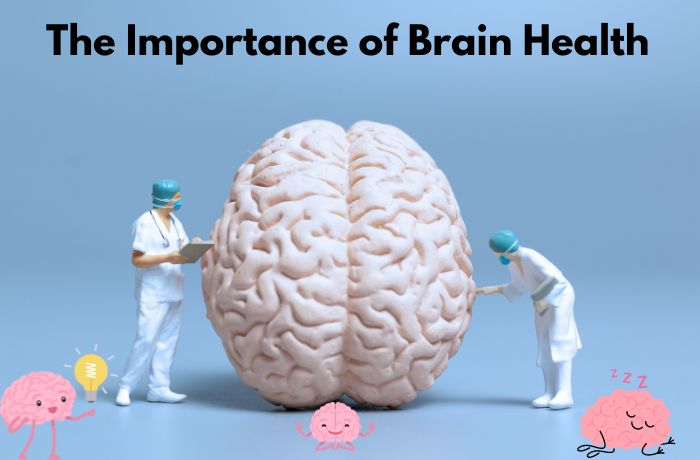
The brain works 24/7—even while we sleep. It governs everything from basic survival functions (like heartbeat and breathing) to complex processes like decision-making, memory, emotions, and creativity.
However, brain disorders can affect anyone at any age. Causes may include genetics, injury, infections, tumors, aging, or lifestyle-related factors.
Common Neurological Conditions:
- Stroke – A leading cause of death and disability worldwide.
- Alzheimer’s Disease – A degenerative condition that impacts memory and cognition.
- Epilepsy – A disorder that causes recurring seizures.
- Multiple Sclerosis (MS) – Affects the central nervous system and physical functions.
- Parkinson’s Disease – A progressive neurological disorder that affects movement.
- Migraine & Chronic Headaches – Often underdiagnosed and can severely affect quality of life.
- Brain Tumors – Can be malignant or benign, both potentially affecting vital brain functions.
According to the World Health Organization (WHO), neurological disorders are the leading cause of disability-adjusted life years (DALYs) and the second leading cause of death globally. Yet, brain health continues to receive insufficient attention and support.
Goals of World Brain Day
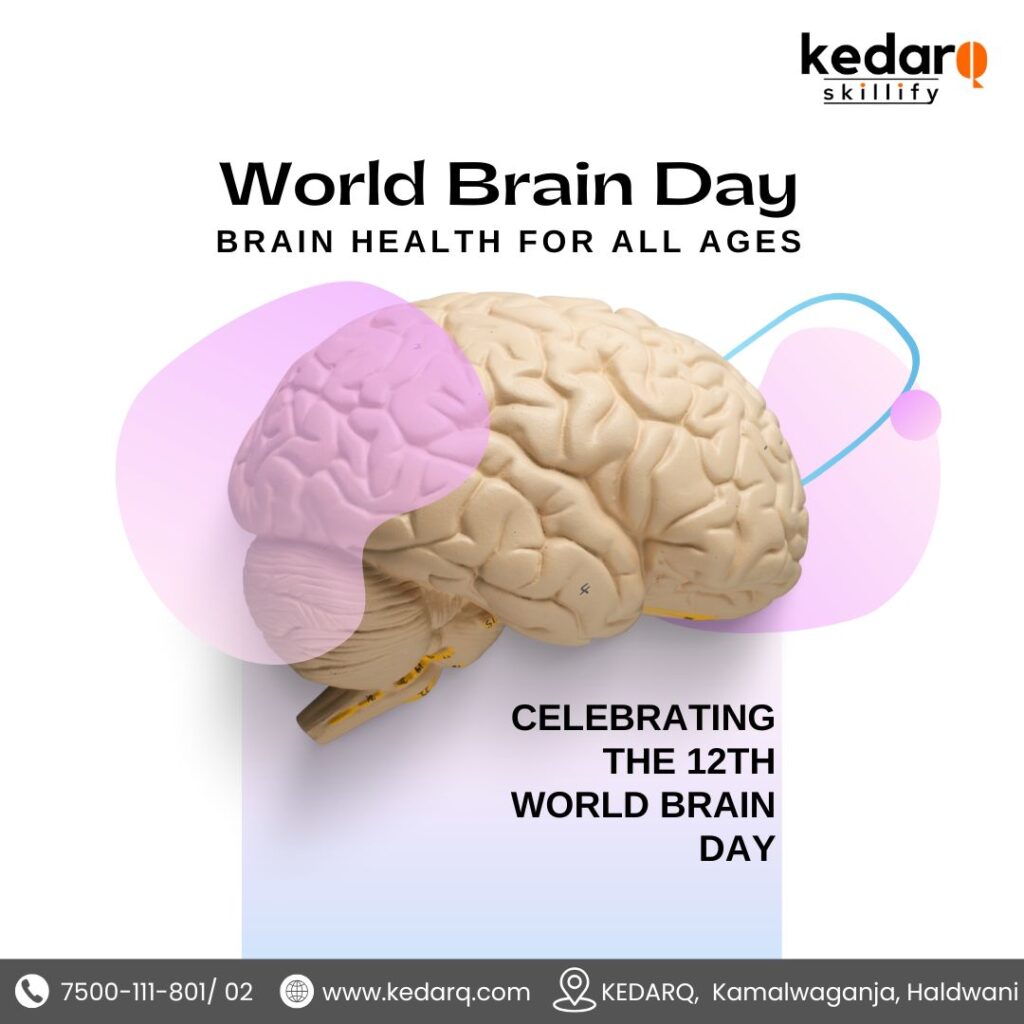
World Brain Day aims to:
- Educate the public and health professionals about the importance of brain health.
- Promote equal access to neurological care and treatment.
- Reduce stigma around mental and neurological disorders.
- Encourage government policies and research funding to improve brain health services.
- Build a global community of support, prevention, and understanding.
“Brain Health for All Ages” – Theme 2025
The theme for World Brain Day 2025 highlights that brain health is a lifelong concern. From children facing developmental disorders, to adults coping with work stress or trauma, to the elderly managing dementia—every age group requires brain care.
Why it matters:
- Children & Teens: Need early cognitive support, mental health care, and screen time balance.
- Adults: Must manage stress, mental health, and prevent stroke and lifestyle-related brain issues.
- Seniors: Face higher risks of neurodegenerative diseases like Alzheimer’s or Parkinson’s.
How You Can Contribute
Here are simple but impactful ways to support World Brain Day:
1. Educate Yourself and Others
Share accurate information about neurological disorders and early warning signs.
2. Organize Awareness Events
Schools, hospitals, and community groups can host camps, lectures, poster contests, and seminars.
3. Use Social Media for Good
Post facts, infographics, videos, or personal stories with hashtags like:
#WorldBrainDay, #BrainHealthForAllAges, #BrainMatters
4. Advocate for Mental Health
Mental health is brain health. Encourage open conversations about anxiety, depression, and emotional well-being.
5. Promote Brain-Friendly Lifestyle
Encourage your circle to:
- Exercise regularly
- Eat brain-healthy foods
- Get quality sleep
- Stay mentally active
- Avoid tobacco, alcohol, and drugs
- Manage blood pressure and blood sugar
Brain Health: Tips for Daily Life
| Activity | Benefit |
| Walk 30 minutes a day | Boosts memory and concentration |
| Eat walnuts, seeds & fatty fish | Improves cognitive function |
| Meditate and do deep breathing | Lowers stress and enhances brain clarity |
| Read or learn something new | Stimulates neural pathways |
| Stay socially connected | Supports emotional and mental well-being |
The Role of Early Diagnosis
Many brain disorders are progressive, meaning they worsen over time. However, early detection can significantly improve outcomes.
World Brain Day encourages:
- Regular health checkups
- Public awareness of early symptoms
- Screening programs for at-risk populations
- Quick access to neurological specialists
Early diagnosis can prevent:
- Irreversible brain damage (e.g., stroke)
- Cognitive decline (e.g., Alzheimer’s)
- Loss of independence or disability
KedarQ Skillify’s Contribution to Brain & Healthcare Education
At KedarQ Skillify, we celebrate the dedication of neurologists, healthcare workers, and educators who serve brain health around the clock. Through our paramedical and healthcare courses, we are nurturing a new generation of professionals who are:
Skilled
Compassionate
Aware of the value of mental and neurological wellness
We believe education is the first step to prevention. Our students are being trained to be the next line of defense in the fight against brain disorders and to serve communities with care and knowledge.
World Brain Day is a powerful reminder that brain health is essential at every stage of life. Whether you’re a child developing learning skills, an adult balancing work-life pressures, or a senior striving to preserve memory—your brain needs care and attention.
Together, let’s:
- Raise awareness
- Support mental and neurological wellness
- Build a healthier future for every mind, young or old
Let’s Say It Together:
“Brain Health for All Ages – Because Every Mind Matters.”
Latest Post
-
 15 Nov 2025National Naturopathy Day: Importance, History & Benefits
15 Nov 2025National Naturopathy Day: Importance, History & Benefits -
 14 Nov 2025World Diabetes Day: Understanding Diabetes and Spreading Awareness
14 Nov 2025World Diabetes Day: Understanding Diabetes and Spreading Awareness -
 30 Oct 2025BBA in Healthcare Management – Online Study Mode
30 Oct 2025BBA in Healthcare Management – Online Study Mode -
 29 Oct 2025Difference Between Paramedical and Nursing Courses - Which One Should You Choose?
29 Oct 2025Difference Between Paramedical and Nursing Courses - Which One Should You Choose? -
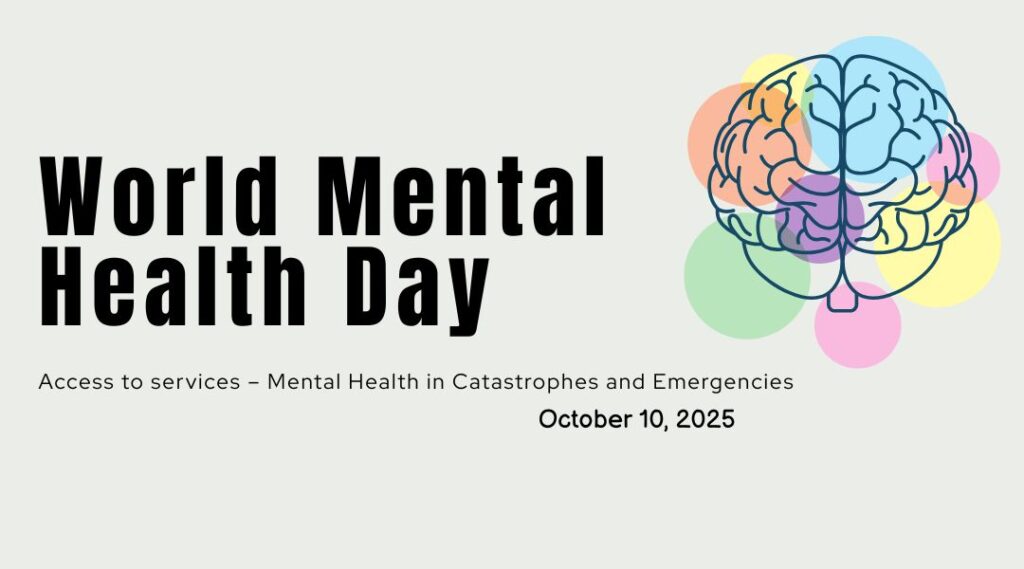 10 Oct 2025World Mental Health Day 2025: Access to Services – Mental Health in Catastrophes and Emergencies
10 Oct 2025World Mental Health Day 2025: Access to Services – Mental Health in Catastrophes and Emergencies -
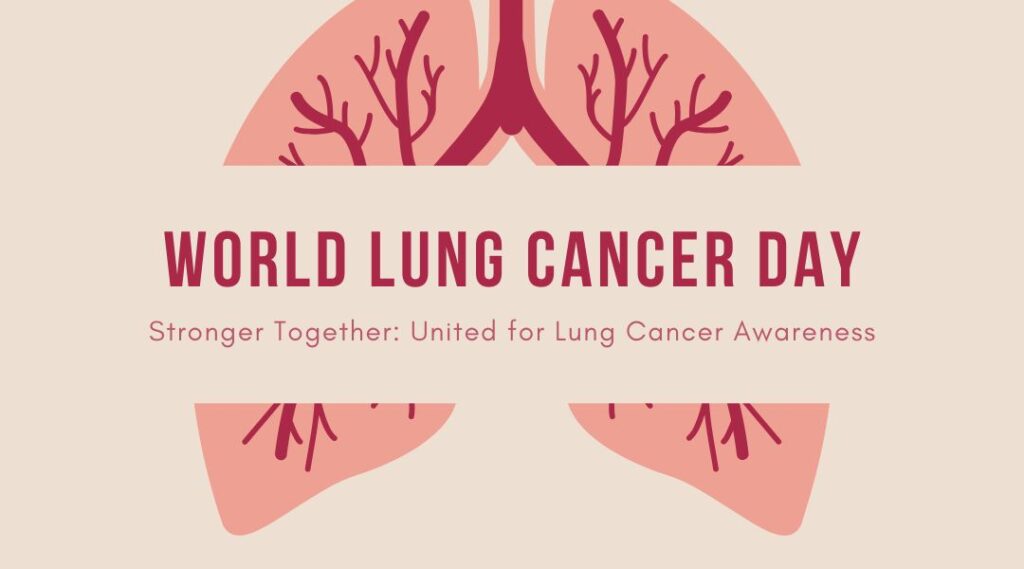 30 Jul 2025World Lung Cancer Day: Spreading Awareness, Saving Lives
30 Jul 2025World Lung Cancer Day: Spreading Awareness, Saving Lives -
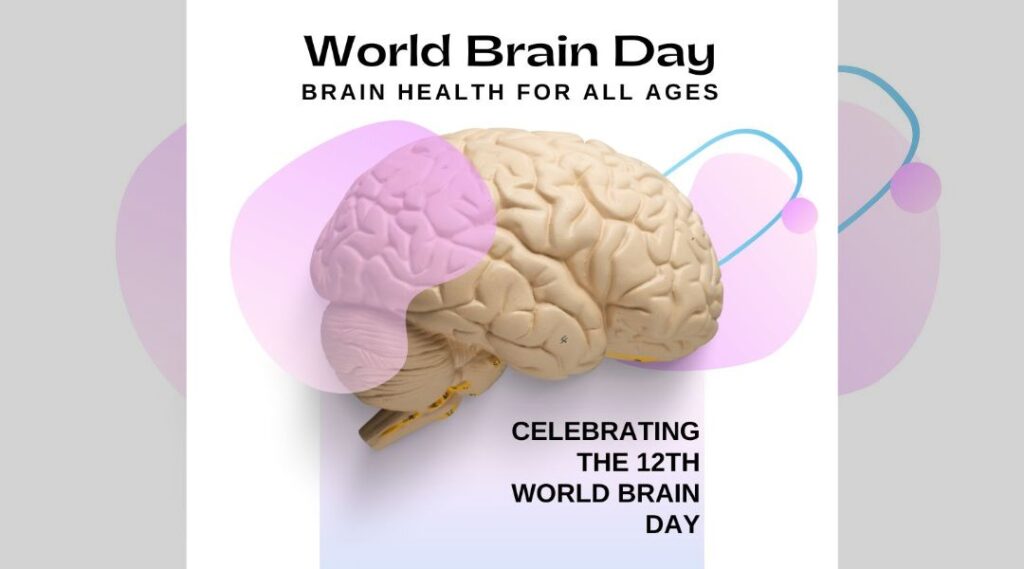 11 Jul 2025World Brain Day – Brain Health for All Ages
11 Jul 2025World Brain Day – Brain Health for All Ages -
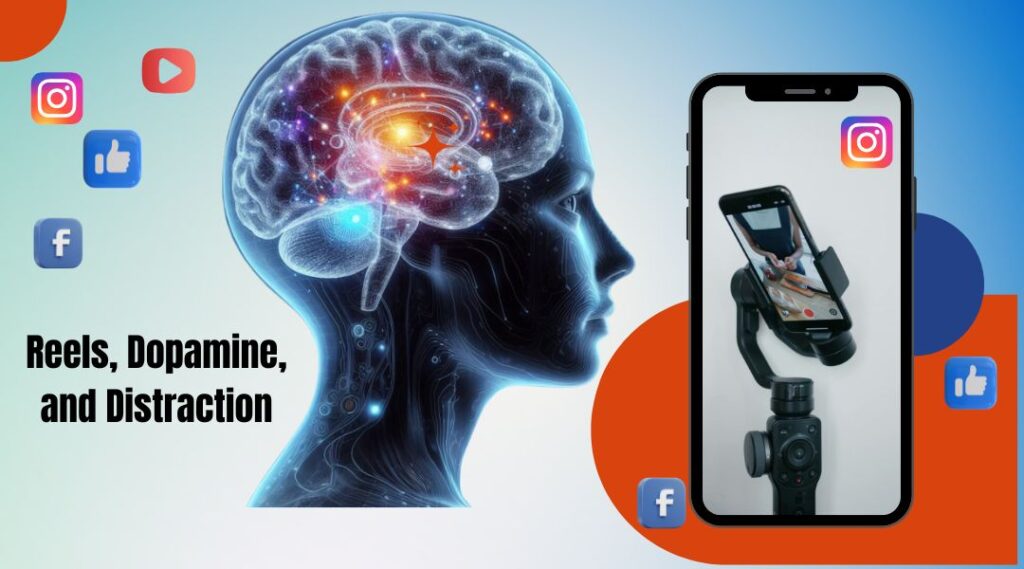 07 Jul 2025Reels, Dopamine, and Distraction: The Brain Science You Should Know
07 Jul 2025Reels, Dopamine, and Distraction: The Brain Science You Should Know -
 05 Jul 2025International Paramedics Day 2025: Celebrating Unity and Community
05 Jul 2025International Paramedics Day 2025: Celebrating Unity and Community -
 30 Jun 2025National Doctor's Day: Honoring the Heroes in White Coats
30 Jun 2025National Doctor's Day: Honoring the Heroes in White Coats


